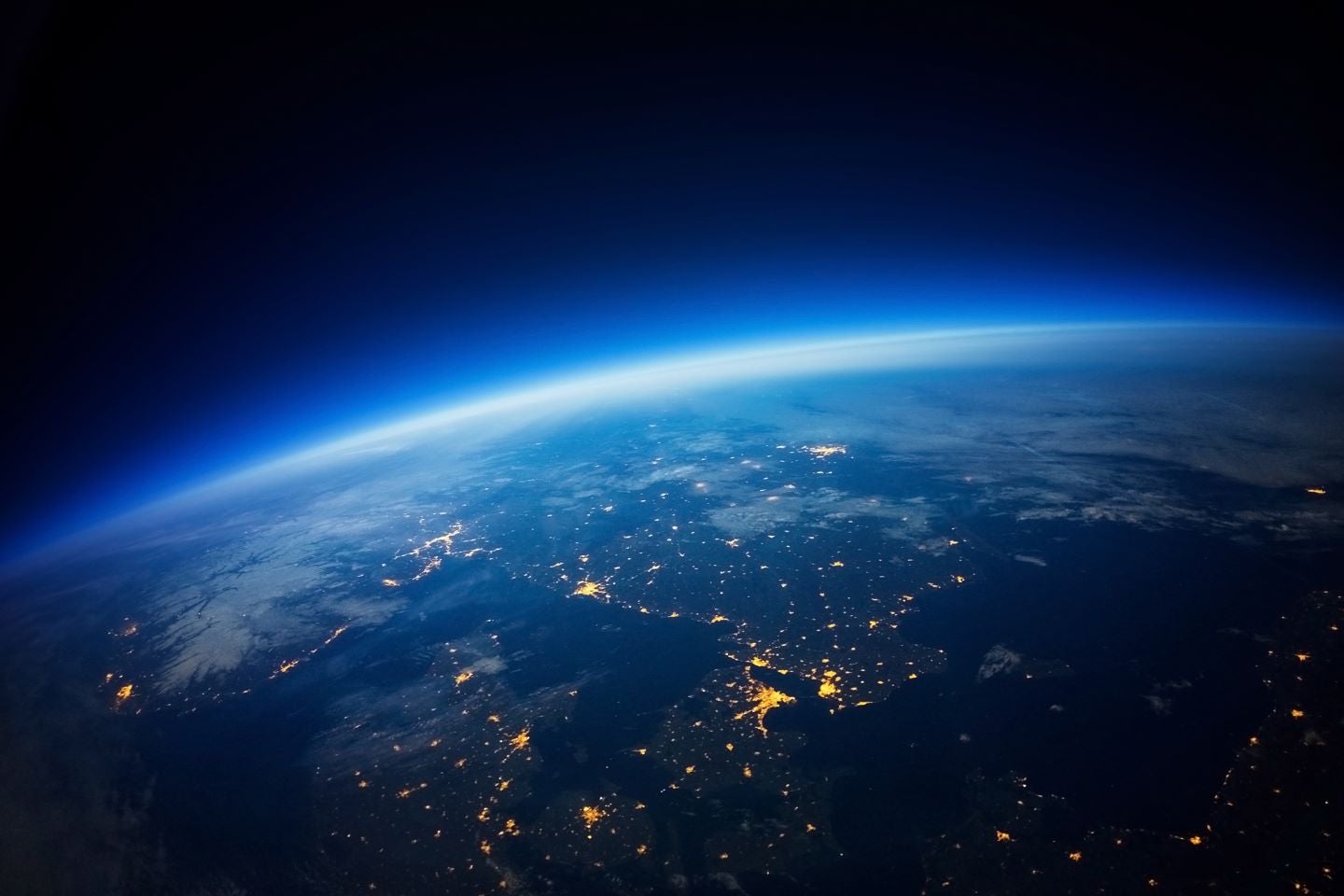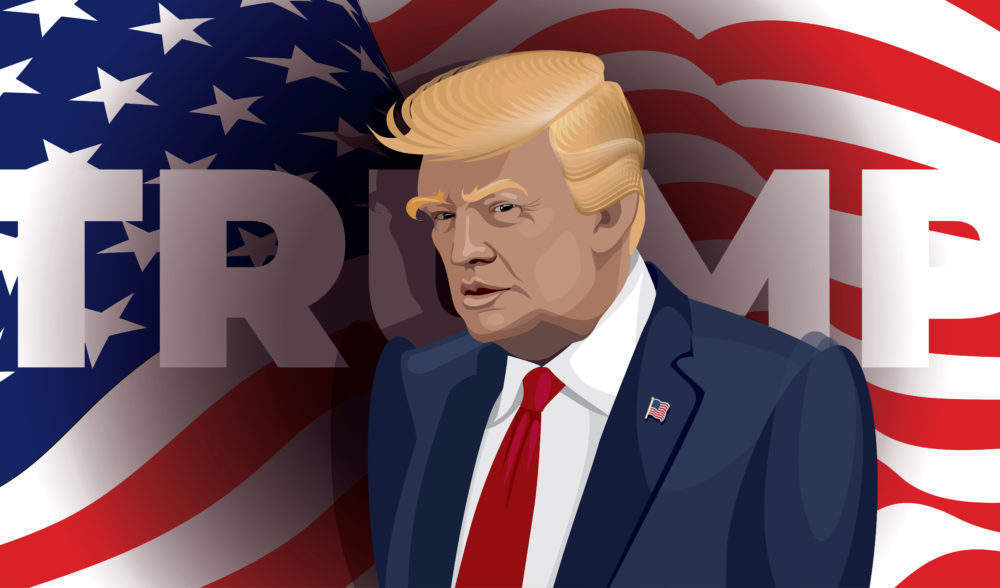The US-led Artemis Accords are a set of non-binding principles designed to guide peaceful cooperation in the exploration of outer space, including the Moon and eventually Mars. They cover provisions on transparency, interoperability, registration of space objects, release of scientific data, protecting space heritage, the use of space resources, deconfliction of space activities, and emergency assistance.
Who’s involved?
The Accords were established in 2020 by eight founding nations: Australia, Canada, Italy, Japan, Luxembourg, the United Arab Emirates, the UK, and of course the US.
The Accords build upon existing—but now deeply outdated—space regulations, including the 1967 Outer Space Treaty, 1968 Rescue and Return Agreement, 1972 Liability Convention, and 1975 Registration Convention. As a sign of the breadth of countries signing the Accords, Slovenia became the 39th nation to sign the Accords on April 19, 2024. In doing so, Slovenia became the third European signatory in just five days—Switzerland and Sweden signed the Accords on April 15 and April 16, respectively.
India, which has been able to punch above its budget in space, signed the Accords back in June 2023. This forms part of a broader trend of strengthening ties between India and the US in space.
China and Russia
China and Russia, the two other space superpowers aside from the US, are notable absentees from the signatories of the Artemis Accords. This is unsurprising, particularly in light of the current geopolitical climate. Space has long been a frontier for geopolitical competition. In recent years, heightened security concerns surrounding China and the Russia-Ukraine conflict have further isolated Beijing and Moscow’s space operations from the West. It isn’t in China or Russia’s interests for the US-led Artemis Accords to succeed in such circumstances.
In a marriage of necessity, with no other major allies to turn to, China and Russia are increasingly teaming up in space to take on the US space juggernaut. The US spent $73.2bn on space programs in 2023—China and Russia’s combined spending totalled just $17.56bn. China and Russia have announced plans to put a nuclear power plant on the Moon by 2035, which will fuel a planned joint China-Russia Moon base. Partnerships are at the core of the space economy. No one, even Nasa, can go it alone.
How well do you really know your competitors?
Access the most comprehensive Company Profiles on the market, powered by GlobalData. Save hours of research. Gain competitive edge.

Thank you!
Your download email will arrive shortly
Not ready to buy yet? Download a free sample
We are confident about the unique quality of our Company Profiles. However, we want you to make the most beneficial decision for your business, so we offer a free sample that you can download by submitting the below form
By GlobalDataSpace regulation is desperately needed
However, a new body of space regulation fit for the 21st century and which all major space superpowers are party to is desperately needed. The Artemis Accords are of course non-binding. But they make a good start in attempting to set norms on peaceful cooperation in space. This is an essential first step in proactively tackling potential geopolitical flashpoints looming in this frontier.
One such concern is conflict for resources on the Moon. There are possibly trillions of dollars’ worth of untapped lunar resources. Without global regulations or norms in place to guide ownership and mining rights, disputes over lunar resources could quickly spiral into an unwanted confrontation.
Space debris is also a real concern. As of November 2023, there are currently over 130 million pieces of space debris in orbit, according to the EU Space Agency. The likelihood of collisions will rise as more objects are launched into space. Yet, there is no global legal framework targeting the issue of space debris. Only in 2023 did the US Government issue the world’s first space debris fine.
Cooperation on space regulation—even an Artemis Accord-style agreement in the interim—between all major space players needs to become a global priority. Discussions need to focus on regulations or norms concerning the ownership and mining rights of lunar resources and the removal of space debris. Then, efforts can shift to more long-term issues surrounding asteroid mining and the colonisation of Mars. The US, China, and Russia need to get around a table and start working together on global space regulation.









Related Company Profiles
Australia Post Group
Canada Goose Holdings Inc
Japan Post Holdings Co Ltd
Indian Oil Corp Ltd
China Gas Holdings Ltd